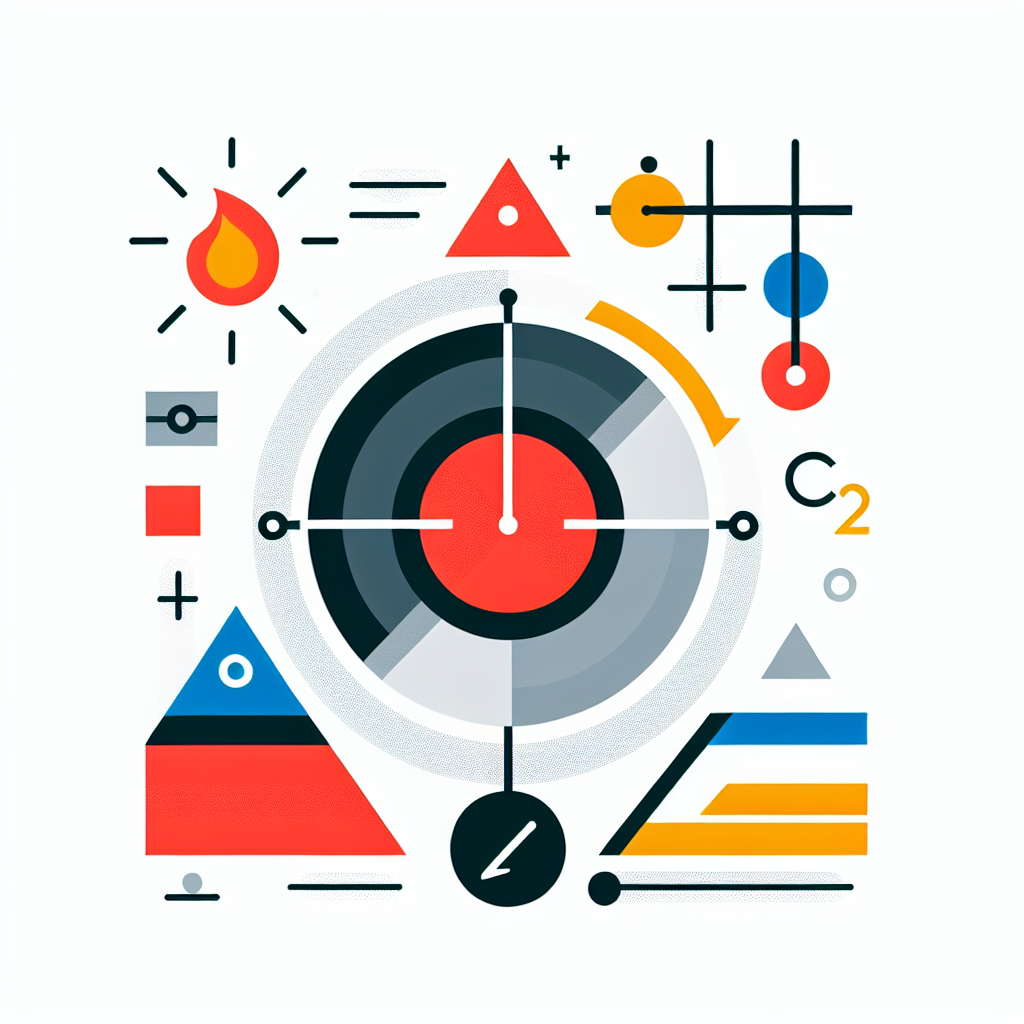
Thermodynamics
Thermodynamics is a branch of physics that studies heat energy and its transfer between different systems. It covers four basic laws governing the universe. The first law (Conservation of Energy) states energy can't be created or destroyed, just transferred or transformed. The second law says energy naturally flows from high to low temperatures (hot coffee cools in a room). The third law claims that absolute zero (-273.15°C), a state of no energy, can't be achieved. The Zeroth law (added later), forms the basis for temperature measurement. These laws help design engines, refrigerators, power plants, and even predict universe's destiny.
Additional Insights
-

Thermodynamics is the branch of physics that studies heat, energy, and work, and how they interact in physical systems. It deals with the laws that govern energy transfer, explaining how energy can convert from one form to another, such as heat into mechanical work. The four main laws describe concepts like energy conservation, entropy (a measure of disorder), and the behavior of ideal gases. Thermodynamics has practical applications in engines, refrigerators, and even understanding processes in biological systems, impacting industries and everyday life. Understanding these principles helps us optimize energy use and improve technology.